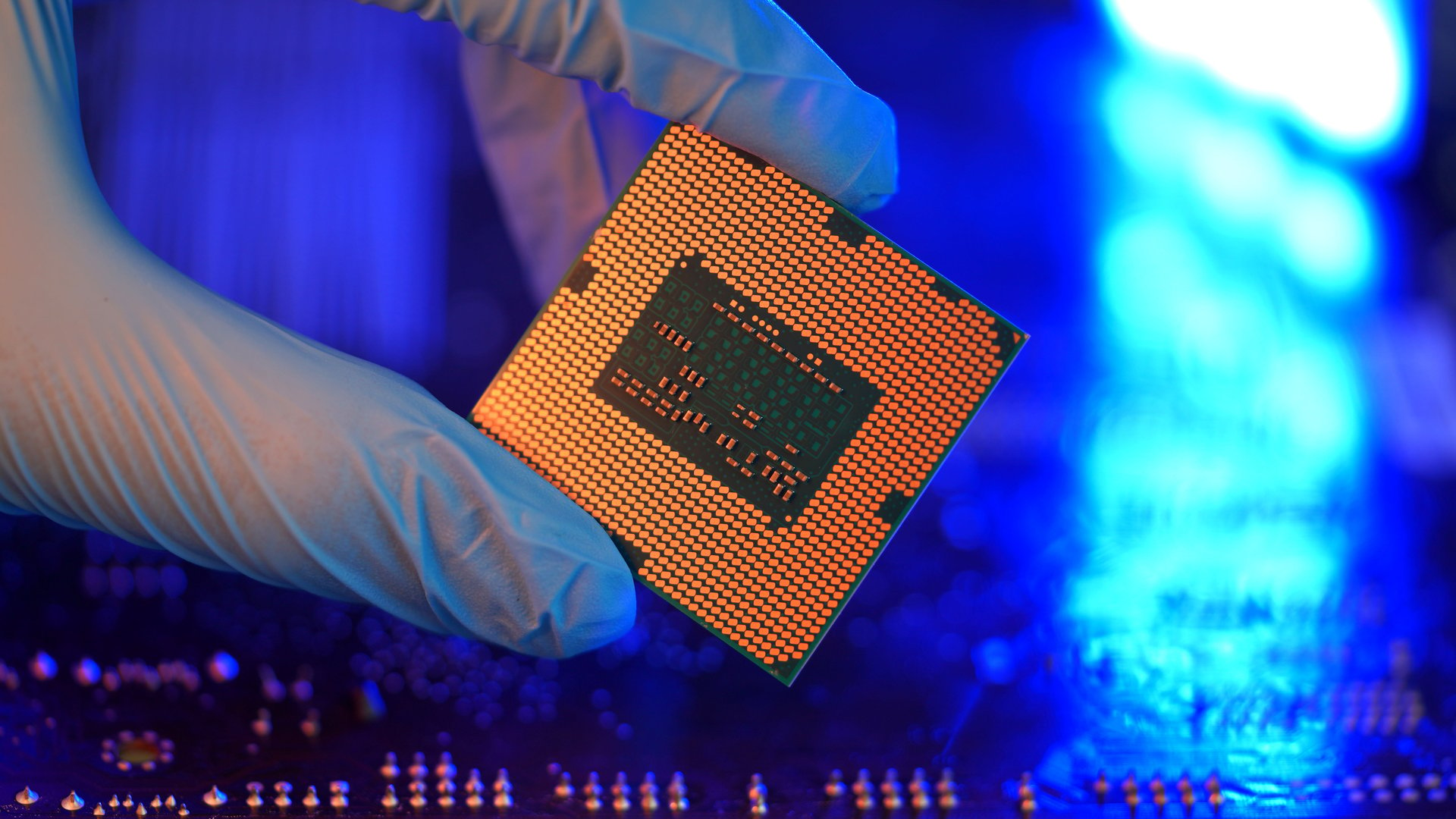Nvidia and other chip stocks are falling on trade tensions and Trump’s Taiwan tough talk
A potential new export rule and questions about the U.S. commitment to Taiwan under a second Trump administration pressured global chip stocks

Shares of several global chipmakers, including Nvidia and Taiwan Semiconductor Manufacturing Company (TSMC), fell Wednesday as investors responded to potential new Biden administration export controls and comments on Taiwan by former President Donald Trump.
Suggested Reading
The market impacts of both pieces of news were swift. Here’s where each major chipmaker’s stock stood Wednesday morning:
Related Content
- ASML’s Netherlands-listed shares were slipped 7.7%.
- Tokyo Electron shares in Japan closed down nearly 7.5%.
- TSMC’s Taiwan-listed stock was down 2.4% at market close.
- Nvidia shares were 4% lower in Nasdaq pre-market trading.
- Arm stock dropped 4.86% before market open.
- Applied Materials shares dipped 5.24% in the pre-market.
The double-whammy to the stocks came late Tuesday, after Bloomberg reported that the Biden administration is considering severe trade restrictions if firms like Tokyo Electron and ASML Holding continue to provide China access to their advanced semiconductor technology. The so-called foreign direct product rule (FDPR), would represent a significant crackdown on the sharing of American technology with the country. The rule applies to chips with even the smallest sliver of American-made technology, and would impact U.S. and non-U.S. companies.
Hours earlier, the former president and Republican presidential nominee told Bloomberg Businessweek in a wide-reaching interview that he believes Taiwan should pay the U.S. for its defense.
“Taiwan doesn’t give us anything,” he said.
Trump also claimed that Taiwan has taken “about 100%” of America’s semiconductor business. Hsinchu, Taiwan-based TSMC is the world’s largest chipmaker, manufacturing an estimated 90% of the world’s most advanced chips that power everything from iPhones to artificial intelligence models.
Given Taiwan’s outsized role in the global chip industry, questions about U.S. defense of the democratically governed island amid a surge in military activity by China are particularly worrisome.
“If China was to invade, that would shut down and create an economic crisis,” House Foreign Affairs Committee Chairman Michael McCaul said after leading a bipartisan delegation to Taiwan in May.
